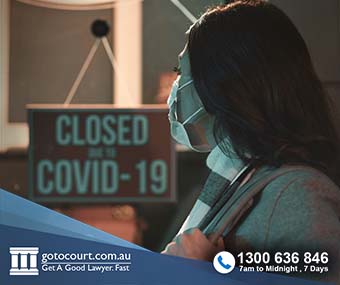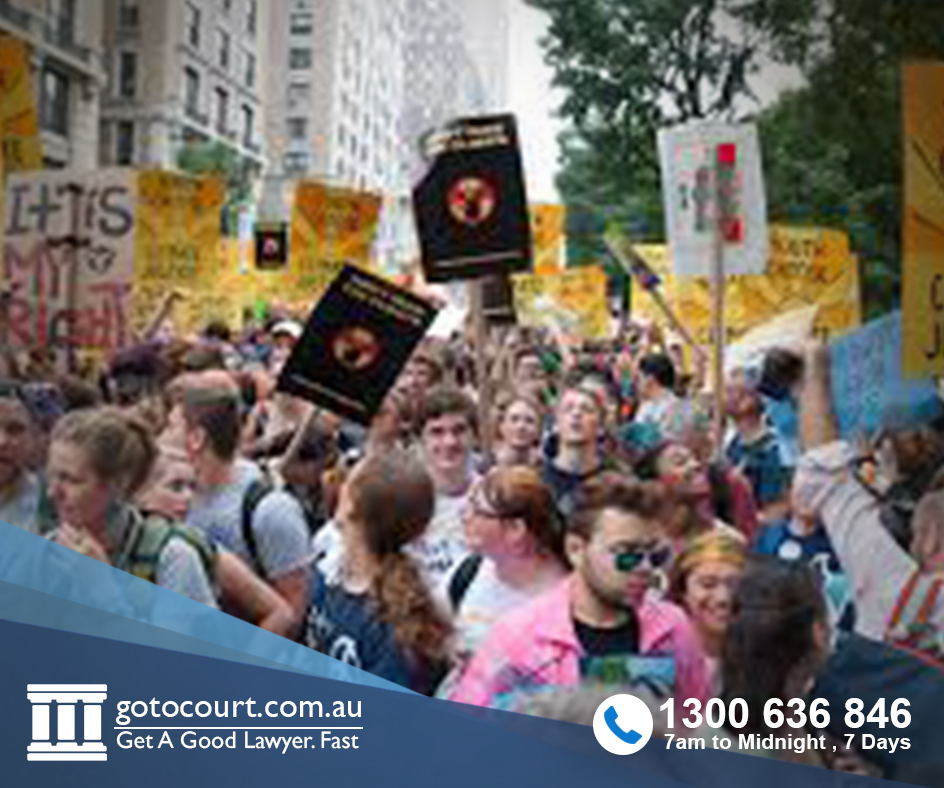Call our lawyers
now
or,
have our lawyers
call you
If You’re Going to Argue with Police on Video, Make Sure You Are Right
Updated on Nov 15, 2016 • 6 min read • 431 views • Copy Link
If You’re Going to Argue with Police on Video, Make Sure You Are Right
Go To Court’s Legal Hotline received a large number of phone calls from the public asking about the legality of refusing a breath test in Queensland. From our investigations, these questions were prompted by a viral YouTube video.
In the video a man, presumably the Youtube uploader, repeatedly asked a police officer conducting a random Breath Test if he was going to be arrested or if he was free to go.
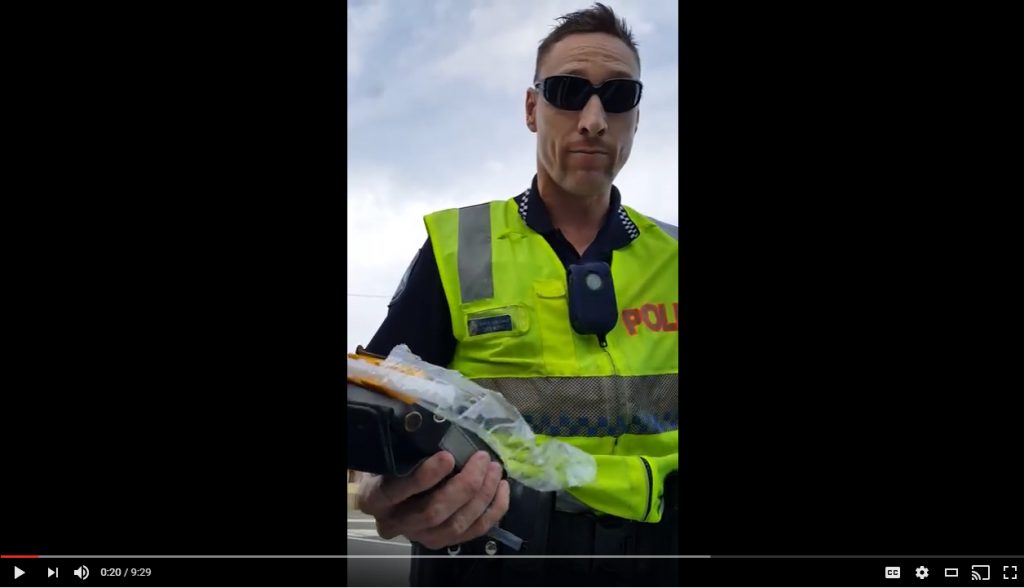
What ensues is a circular conversation which demonstrates the patience of the police officer involved. The nine-minute video has prompted a number of comments on social media and Youtube, both from those calling out the driver’s information as wrong and criticising the police officer for wasting time.
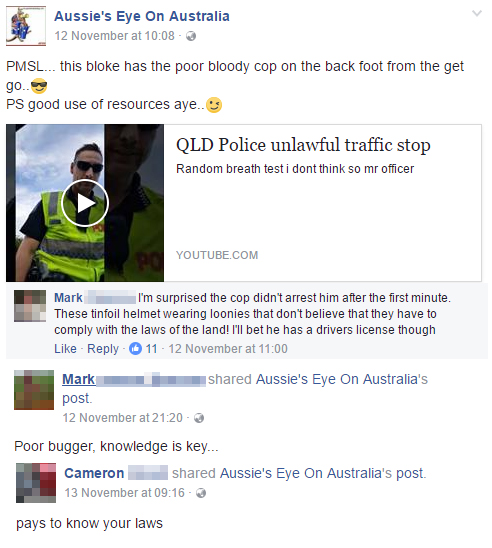
Random breath tests: what are your rights?
In Queensland, it is an offence to refuse a breath test when requested by a police officer. We cover the finer details in our article, Refusing a Breath Test in Queensland. The main takeaway is that the requirement to provide a breath test when directed is found in section 80 of the Transport Operations (Road Use Management) Act 1995, or as it was referred in the video – TORUM.
This means that the man’s question, ‘am I arrested or am I free to go’ is nonsensical because he was not being arrested but nor was he free to go. The police officer made it clear, the driver was required to provide a breath test.
Under section 80(5A) the TORUM makes it an offence to refuse to provide a breath test. Often, the penalties for refusing a breath test are more severe than if a person were to have a low-range blood alcohol concentration (0.06 for example).
Some news outlets are reporting that a punishment of 40 demerit points applies. This is not the case but a maximum penalty of 40 penalty units (or $4,876 at the time of writing) applies to the offence.
There are legitimate defences a person could use to defend a charge of failure to provide a breath test. The driver in the video did not articulate any of these.
Proclamation certificate: what does this mean?
The driver in the video asked whether the TORUM has a ‘proclamation certificate’. What we think he was referring to is when the TORUM came into existence as law.
In Australia, acts of parliament do not come with a ‘certificate’ as proof that they are law. Instead, states maintain a register of legislation. For Queensland, this is legislation.qld.gov.au. On this site, anyone can look up a piece of legislation to determine whether it is current or has been superseded. Any legislation Go To Court Lawyer’s refers to will link to the relevant state’s register of legislation.
At the time of writing, TORUM’s most recent amendments came into operation on 1 September 2016. This means that section 80, which is in the most recent version of the Act, is still law.
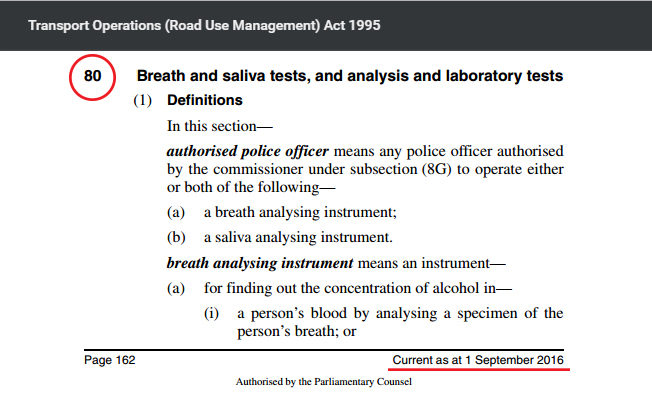
Signed by the Queen of England or Queen of Australia: why does this matter?
The relevance of whether the TORUM has a signed proclamation again comes down to whether the TORUM is actually law. At least this is what we think the driver was on about when he started arguing about whether the Queen has signed the ‘proclamation certificate’.
The thing is, there are several ways a piece of legislation becomes operational as law:
- At a specified date;
- When it is given ‘Royal Assent’ – i.e. has been signed by the Governor on behalf of the Queen;
- On a day fixed by Proclamation; or
- Immediately before or after another Act or provision within the same Act.
Because both Royal Assent and Proclamation involves the Governor of Queensland, it is easy to see how the driver had got confused. The main point, though, is that yes, the TORUM and section 80 are current law and yes, the driver in the video had to comply with the lawful direction to submit a breath test.
Queensland has its own constitution and its own parliament
One other thing our friend in the video seemed to have been confused about, was the constitution. When people usually refer to the constitution, they are usually referring to Australia’s constitution or more formally, the Commonwealth of Australia Constitution Act.
While the driver said he has read the Australian constitution, he also stated that it was 1009 pages long. We wondered what font size it was printed in as it is only 68 pages in length.
More relevant to the TORUM and the driver’s question of whether he was free to go, is the Constitution of Queensland. Queensland has its own constitution to determine the make-up of its parliament, how and when the state elections are held, and the powers of the Governor of Queensland, among other administrative things. Generally, in matters of traffic, drink driving and criminal law, the Australian constitution is not necessarily helpful.
Complying with lawful directions made by police
At the end of the video the police officer says, ‘Mr Summers we will see you later on.’ Assuming the police took down the man’s real name and address before the video recording was made, it is highly likely he got hit with a charge of refusing to submit to a breath test.
We also picked up on the fact that the police officer asked the driver’s name and address in the video. This was in the context of the police officer asking if he follows Queensland’s laws.
Asking for a person’s name and address is a lawful direction by a police officer which must be complied with under section 40 of the Police Powers and Responsibilities Act 2000. As with most laws, there are exceptions to this general rule which can apply.
That being said, in our experience police are not always perfect. This is why we have some helpful information about reporting police misconduct in Queensland. In this instance, though, we have nothing but praise for this police officer’s patience.
In the end, all of the man’s effort and grilling on social media could have been saved with a simple call to a lawyer. Go To Court Lawyer’s Legal Hotline has real lawyers available to speak with anyone from 7am to midnight, even if it is about a question on whether the TORUM is really law.

Affordable Lawyers
Our Go To Court Lawyers will assist you in all areas of law. We specialise in providing legal advice urgently – at the time when you need it most. If you need a lawyer right now, today, we can help you – no matter where you are in Australia.How It Works











1. You speak directly to a lawyer
When you call the Go To Court Legal Hotline, you will be connected directly to a lawyer, every time.


2. Get your legal situation assessed
We determine the best way forward in your legal matter, free of charge. If you want to go ahead and book a face-to-face appointment, we will connect you with a specialist in your local area.


3. We arrange everything as needed
If you want to go ahead and book a fact-to-face appointment, we will connect you with a specialist in your local area no matter where you are and even at very short notice.






